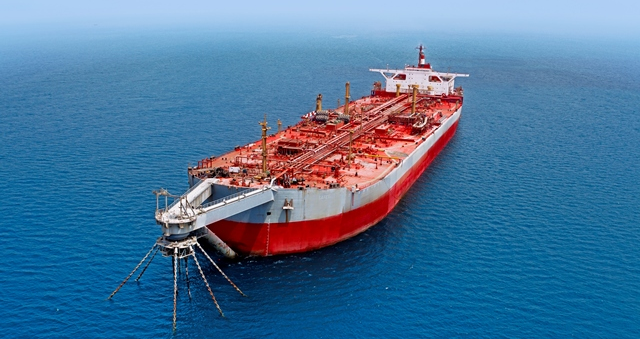The International Maritime Organization (IMO) has reported significant progress with its contingency planning efforts to prepare for a possible oil spill from the floating storage and offloading unit (FSO) SAFER, which has been moored off the coast of Yemen since 1988.
The FSO SAFER has been permanently moored 7km off the Red Sea port of Ras Isa since 1988, but it has not been inspected or maintained since Houthis took over the port, in 2015. Since that time, environmentalists have expressed their fear of a crucial oil spill, as the vessel contained 1.14 million barrels of crude oil.
It should be reminded that, eventually, the UN managed to visit and assess SAFER, in efforts to deal with the situation and the potential environmental disaster.
Contingency planning is taking place alongside preparations for a UN-led assessment mission on the FSO SAFER, scheduled to take place in early 2021. In line with the scope of the mission that was recently agreed, a UN team will board the FSO for 30 days to assess its state and carry out light repairs. However, the scope of the mission does not include offloading the oil currently on board the FSO.
Now, the IMO provides technical input to the UN interagency process, which is led by the UN Office of the Special Envoy of the Secretary General for Yemen (OSESGY), with participation from UN OCHA, UNOPS, IMO and UNEP.
IMO’s contingency planning efforts are conducted by a joint effort of key stakeholders in the region, who aim to improve the efficiency, effectiveness and management of emergency response operations in the event of a spill from the FSO SAFER.
In the meantime, the IMO supports national Governments and regional organizations, on the basis of a formal request for assistance , by providing technical assistance and backstopping regional efforts in line with the provisions contained in Article 12 of the OPRC Convention.
IMO reports that on December 10, there was a briefing concerning the Unit among IMO Member States, where officials presented the work that has been done up to now, as well as remaining gaps, and highlighted the additional challenges posed by the COVID-19 pandemic and the ongoing conflict in the region. Participants were also briefed on legal aspects, including possible challenges related to liability and compensation.
The floating storage and offloading unit (FSO) SAFER was built in 1976 as an ultra-large crude carrier (ULCC) and converted to a FSO in 1986.
































































